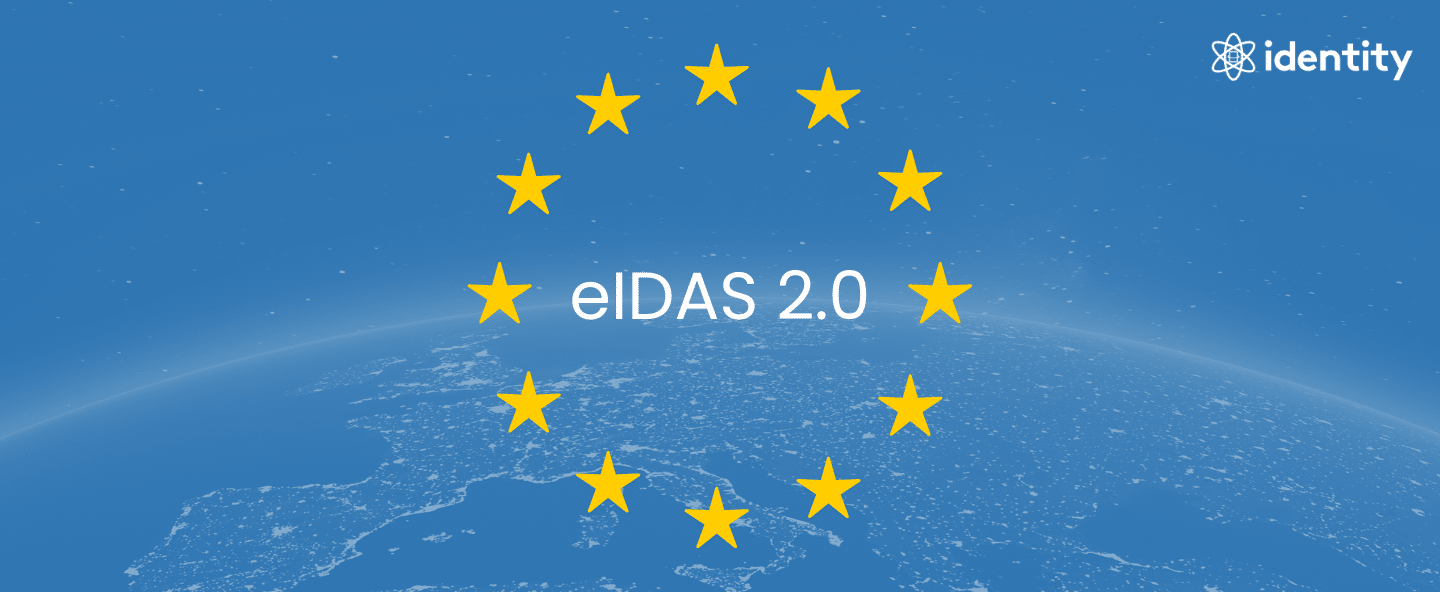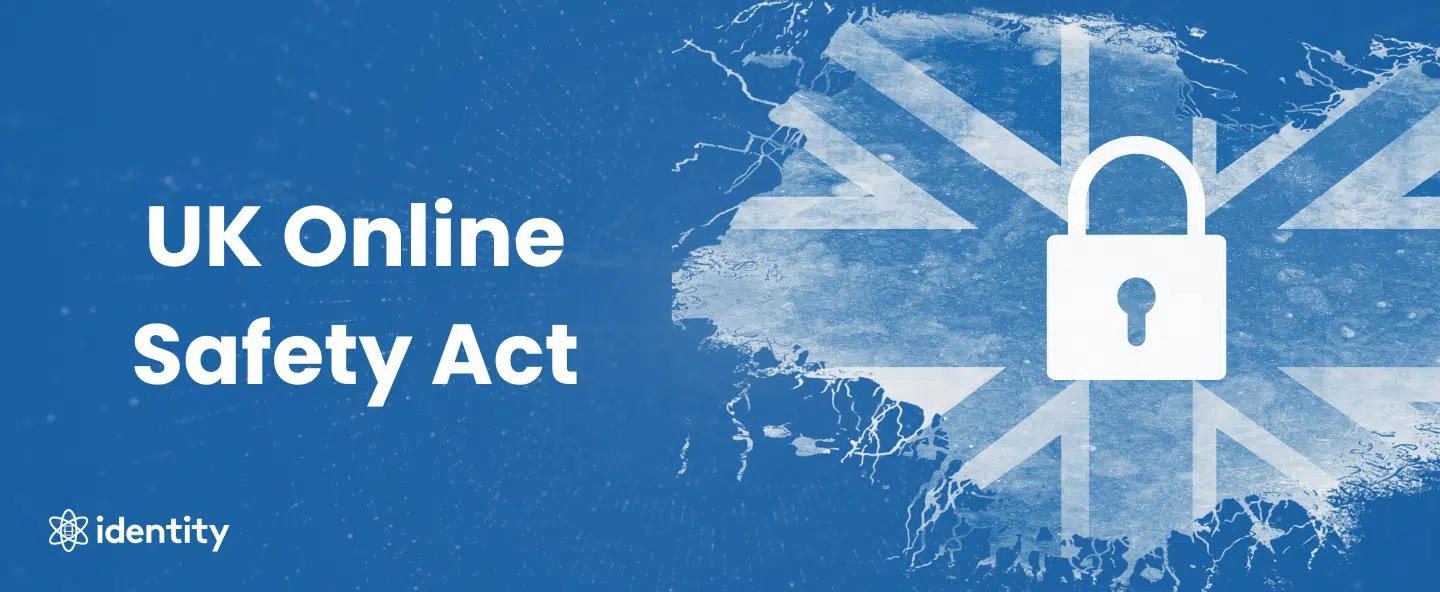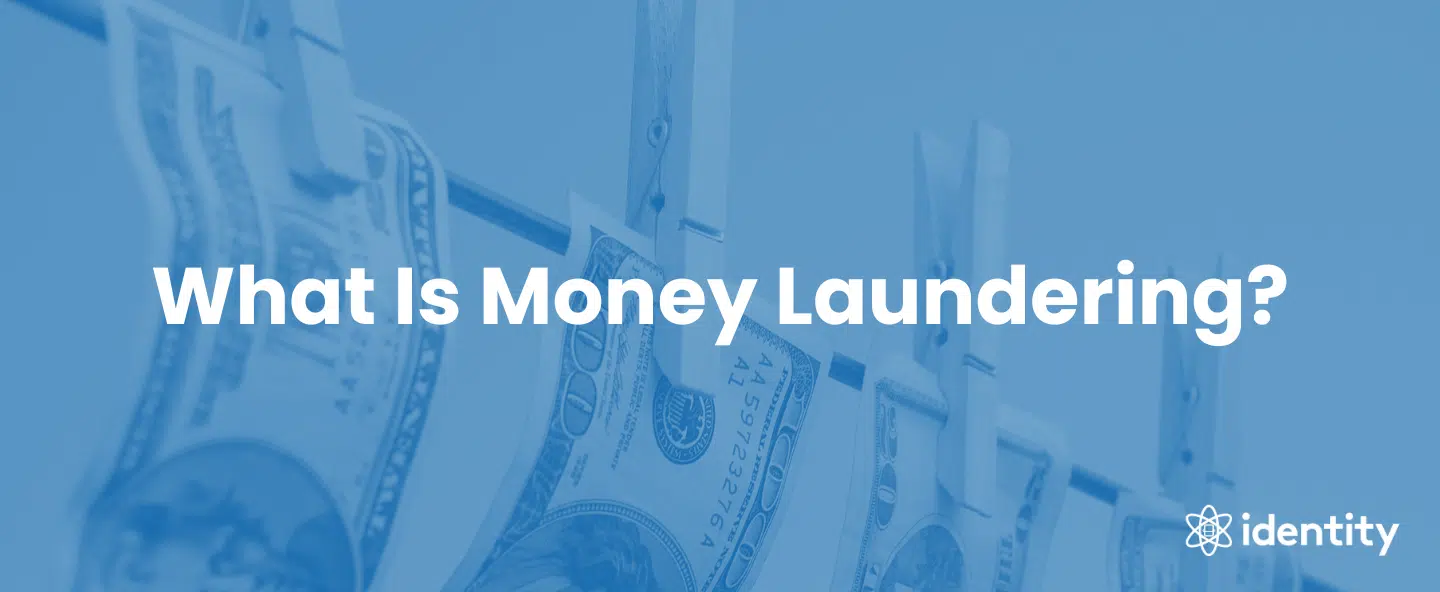
What Is the Take It Down Act and Why It Matters
Key Takeaways: The Take It Down Act is the first federal standard for removing nonconsensual or AI-generated intimate content. It

Key Takeaways: The Take It Down Act is the first federal standard for removing nonconsensual or AI-generated intimate content. It

Key Takeaways: eIDAS 2.0 is the updated version of the Electronic Identification, Authentication, and Trust Services regulation (eIDAS) by the

Key Takeaways: The No FAKES Act is a U.S. bill that sets federal rules to prevent unauthorized AI replicas of

Key Takeaways: KYC (Know Your Customer) requires businesses to verify customer identities before conducting financial transactions. This process helps prevent

Key Takeaways: KYC fraud involves individuals providing false or misleading information during the Know Your Customer (KYC) process to deceive

The UK’s Online Safety Act has now become law, beginning a phased rollout that will reshape how people interact with

Key Takeaways: eKYC (Electronic Know Your Customer) is the digital process of verifying the identity of clients, meeting KYC requirements

Key Takeaways: Money laundering is the process of hiding the origin of illegally obtained funds so they appear legitimate. It

Key Takeaways: The EUDI Wallet is a secure, user-controlled system designed to identify European citizens. It allows individuals to manage